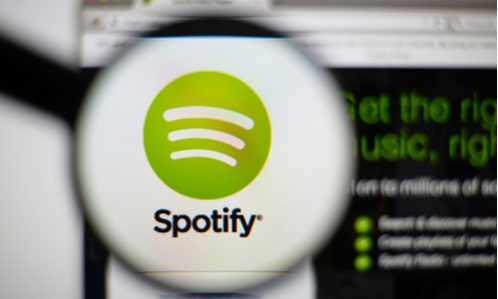Google and Spotify said on Wednesday that a future version of the Spotify app will allow users to sign up inside the app to pay Spotify directly for a subscription.
The move is the most significant concession so far from a major mobile app store to allow third-party billing systems inside apps, which has become a major focus for regulators around the world.
Shares of Spotify popped about 4.5% in after-hours trading on the news.
Historically, on Google Play, as well as Apple’s App Store, developers usually can’t solicit credit card numbers directly from their customers to bill them for digital goods or services. Instead, they have to bill users through Google’s system, which takes at least 15%, and as much as 30%, of total sales.
But there are caveats: Google’s announcement on Wednesday calls the move a “pilot” and doesn’t offer a timeline for wide implementation or specify which countries will first get the feature. The announcement suggested that only a “small number” of app makers will be allowed to offer their own billing, to start.
“This pilot will allow a small number of participating developers to offer an additional billing option next to Google Play’s billing system and is designed to help us explore ways to offer this choice to users, while maintaining our ability to invest in the ecosystem,” Google said in a blog post.
Spotify will still pay a fee to Google for payments it processes on its own, Google confirmed. Google said it would “build on” a policy that it introduced in South Korea where it continues to take an 11% fee on subscription purchases made through alternative billing, which became required by a recent law passed in the country.
The move also puts pressure on Apple, which is firmly against third-party billing on its iPhone App Store for digital goods, and argues that its App Store competes with Google Play, especially when it comes to app distribution terms and fees.
Want more news? Subscribe to CPI’s free daily newsletter for more headlines and updates on antitrust developments around the world.

